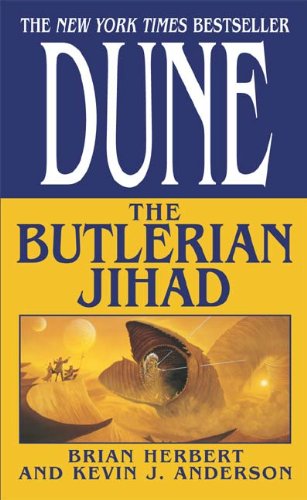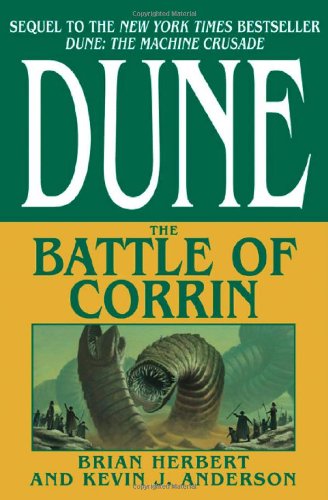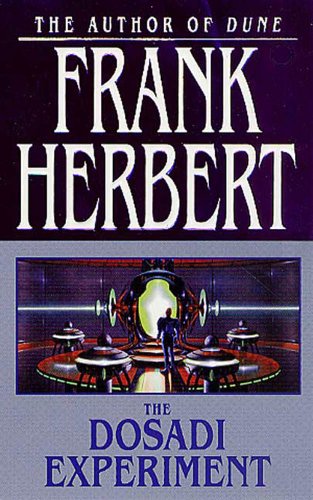Today we welcome Brian Herbert and Kevin J. Anderson who are here to tell us about a newly published 700 page collection of Frank Herbert‘s stories. One commenter will win a hardback copy of this beautiful book which would make a great gift for any science fiction lover on your list.
A Journey Into the Universes of Frank Herbert
by Brian Herbert & Kevin J. Anderson
A reviewer for The New York Times once quipped that Frank Herbert’s head was so overloaded with ideas that it was likely to fall off.
Read More

 (1920-1986)
(1920-1986)




















.jpg)
















I've thought about picking that one up. The artwork looks perfect.
I like the way you think, Bill. I found the second one particularly objectionable; the one with Khan. It was…
I find if I take every Trek reference out of them (the title, the character names, the ship names, etc.),…
I loved this deep dive into Edwige Fenech's Giallo films! Her performances add such a unique flavor to the genre.…
It would give me very great pleasure to personally destroy every single copy of those first two J. J. Abrams…